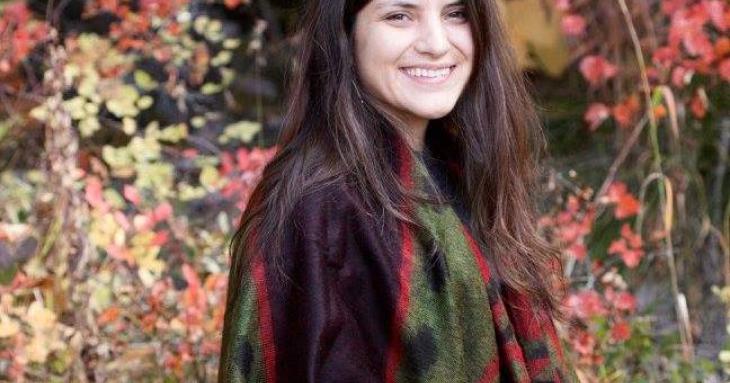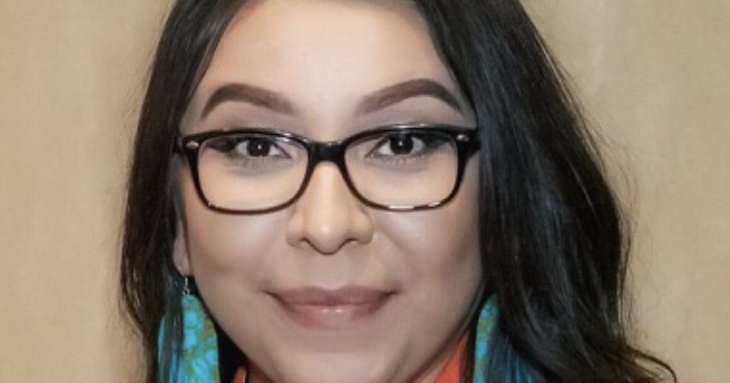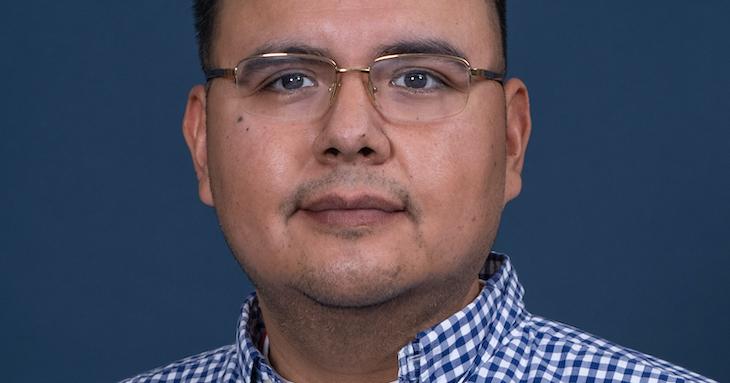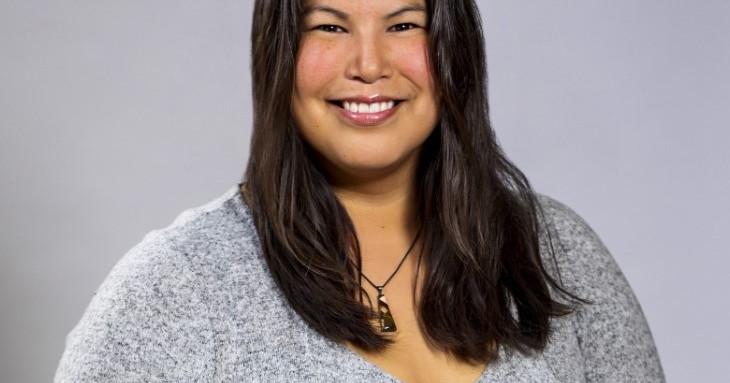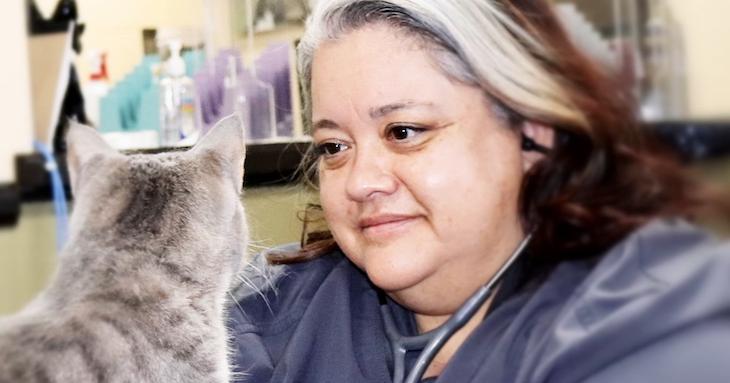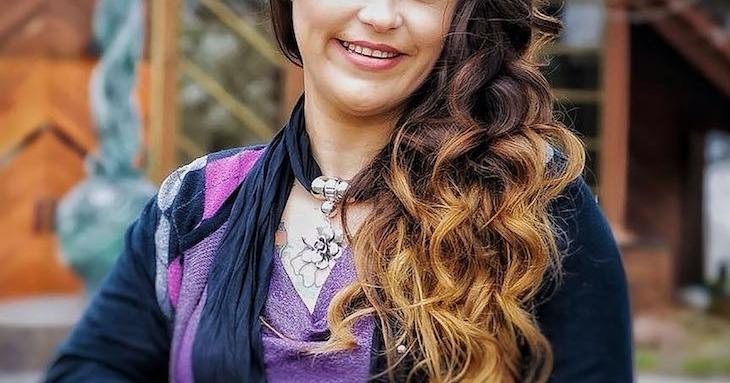-
Staying Sharp During Summer Break
You’ve turned in your last paper, finished your exams, and are ready for a break from school and learning. We don’t blame you, but you should know that research shows students can forget or lose a lot of what they learned during the school year over the summer. While it’s tempting to put away your books and other materials, you’ll be better off spending some time reviewing what you’ve learned and even learning something new. Here are a few tips to stay sharp over the summer.
Space It Out -
Understanding the College Application Process
Just when it seems like you’ve finally gotten the hang of high school, it’s time to think about college. The college application process may seem daunting, and with so many things to keep track of, like deadlines, essays, and financial aid, it may seem like you’ll never get through it. Don’t get overwhelmed. Instead, use the tips below to help understand and navigate the college application process.
Figure Out Who You Are and What You Want -
Hannah Funke | Confederated Salish and Kootenai Tribes | Salish Kootenai College and University of Idaho
It’s not surprising that Hannah Funke has more than a passing interest in fire. She grew up in northwest Montana, where there is a prevalent fire season. When she was young, she and her father would chase wildfires, observing the crews managing them. Both her parents fought fires — her mom’s desire to become a smokejumper was interrupted when she got pregnant with Hannah. Her father went on to become a welder and her mother went back to school to become a paralegal and later a nurse. Neither continued their fire fighting as Funke grew older.
-
Nikki DuPuy | Navajo Nation | General Motors
Fearless. That’s how one manager describes Nikki DuPuy in her role at General Motors (GM). From DuPuy’s point of view, she’s the proud product of a Navajo matriarchy that stressed the importance of higher learning, hard work, and self-sufficiency. “I knew early on that I would make my own way in life,” she says about growing up in Tuba City, Ariz., on the Navajo Reservation. “It’s never been about taking a traditional journey, but about finding the right path for me.”
-
Paul Flores | Gila River Indian Community | Pit River Tribe
“A wild ride.” That’s how Paul Flores, tribal administrator for the Pit River Tribe in Burney, Calif., describes his life. “Be open to any opportunity, because you don’t know where it’s going to lead,” he says. A member of the Gila River Indian Community, Flores grew up in Arizona, dropped out of high school, joined the Army, and became an infantryman. During the second Iraq war, in the battle-ravaged town of Ramadi, a hidden bomb exploded and wounded him. “I expected to be jumping out of airplanes and fast roping off helicopters for 20 years,” he says. “Didn’t happen that way.”
-
Tashina Cooper | Navajo Nation | U.S. Department of State
People often ask Foreign Service Officer Tashina Cooper, “Why did you choose to move so far from home and pursue a career that does not benefit Native people?”
“That this career does not benefit Native people is inaccurate,” says Cooper, who is assigned to U.S. Consulate Dubai in the United Arab Emirates. That puts Cooper a long way from the Navajo Nation where she was raised.
-
Jessica Vandenberghe | Dene Tha’ First Nation | University of Alberta | Engineering Community and Culture
Growing up on a farm in northern Alberta, Jessica Vandenberghe had plenty of time to investigate how things work. What she didn’t have was much exposure to different professions. She had been leaning toward a medical career until an engineer visited her grade 11 chemistry class. “I had not heard of engineering before then,” she recalls. “Working with inanimate objects rather than working on people appealed to me.”
-
Dr. Christina Swindall | Gabrieleño Band of Mission Indians – Kizh Nation | Cypress Animal Hospital | Veterinarian
For Dr. Christina Swindall, Gabrieleño, becoming a veterinarian was a childhood dream. She grew up in the Los Angeles area the ancestral homeland of her tribe — spending much of her time assisting her mother, who had been blind from the age of 14. In their home the health of family pets was not a priority — the animals weren’t spayed or neutered and didn’t see the vet when they were sick. Dr. Swindall knew that she wanted better outcomes for animals and focused her energy on becoming a vet.
-
Joanna Kern Cooley | United Houma Nation | Saginaw Valley State University, Saginaw Chippewa Tribal College | Neuroscience, Native American Studies
Joanna Kern Cooley is fascinated by the human brain. For years she put that fascination on the back burner as she raised her family, and it wasn’t until Cooley turned 30 that she decided to apply to college to become a doctor. Now, as she works toward completing her bachelor’s degree in neuroscience at Saginaw Valley State University in Saginaw, Mich., she is well on her way to achieving that goal.




